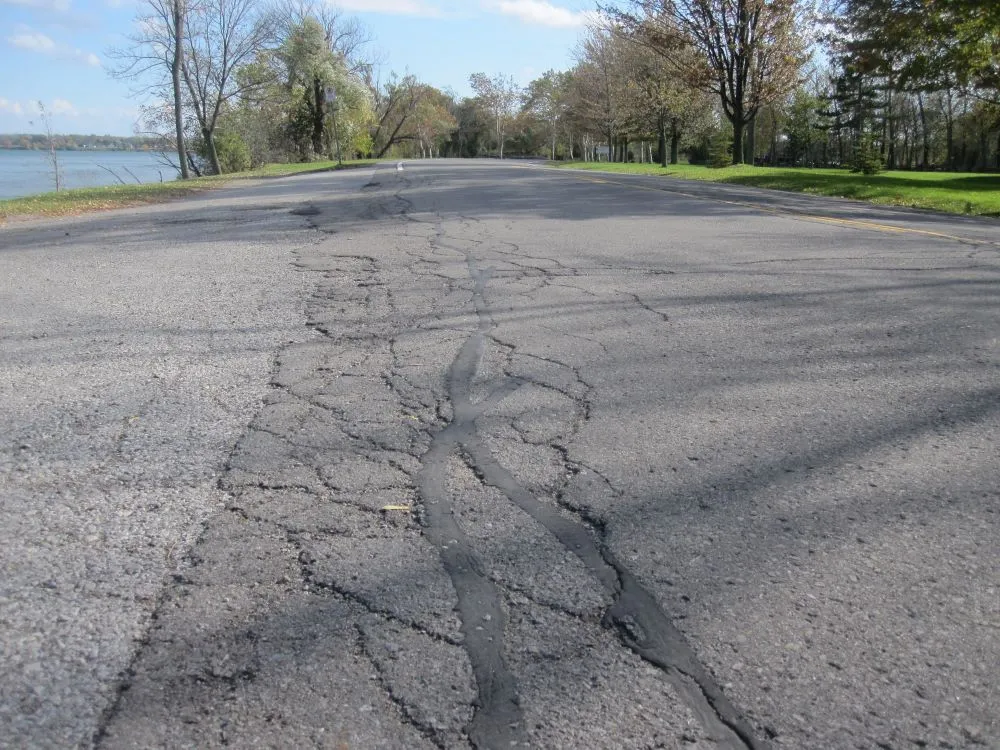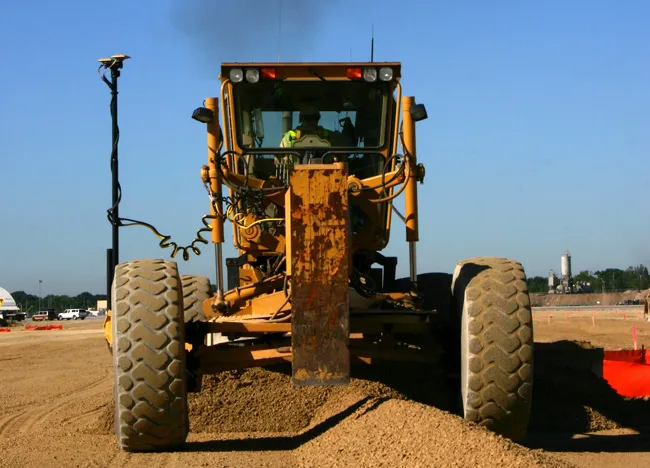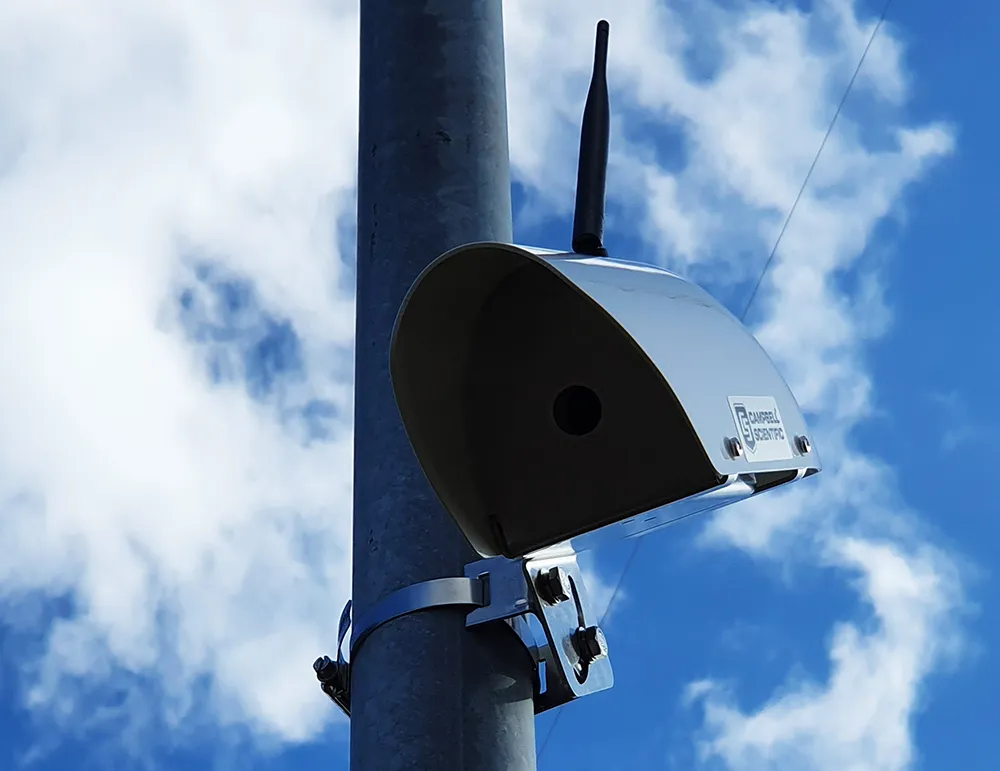
Italian concessionaire Milano Serravalle - Milano Tangenziale will use artificial intelligence and machine learning technology from Canadian start-up Iris group to monitor road conditions.
Milano Serravalle - Milano Tangenziale - the concessionaire for the A7 motorway, from Milan to Serravalle Scrivia – signed the agreement with Iris during a ceremony at the Canadian consulate in Milan. Milano Serravalle will adopt IrisGO.
The deal was agreed after the Iris won a comparative technology competition done in conjunction with the University of Catania.
The IrisGO camera is installed on a field vehicle to measure the pavement on roads and sidewalks. The camera AI and computer vision scans the pavement and calculates the PCI score - pavement score index - in near real-time. Next, images and calculations are processed by AI to calculate PCI score and output to system. IrisCITY, or an existing system such as CityWorks, then visualises the PCI results and automatically creates a work order for the repairs. The system notifies the road maintenance department to deploy a team into the field to do the repairs.
“It was a pleasure to work with Marco Colloredo [director of operations at Milano Serravalle - Milano Tangenziale] and his team and face their challenges,” said Emil Sylvester Ramos, chief executive of Iris. “We are sure of what iris offers and the immediate impact it has on our customers, and this agreement proves it. It is really exciting to be part of the innovation process that is happening in Canada and bring it to Italy."
“Today we celebrate this milestone with iris, but there is still a long way to go and we have many in the pipeline new projects, national and international, ready to be born," declared Pietro Boiardi, administrator delegate of Milan Serravalle - Milano Tangenziale.









